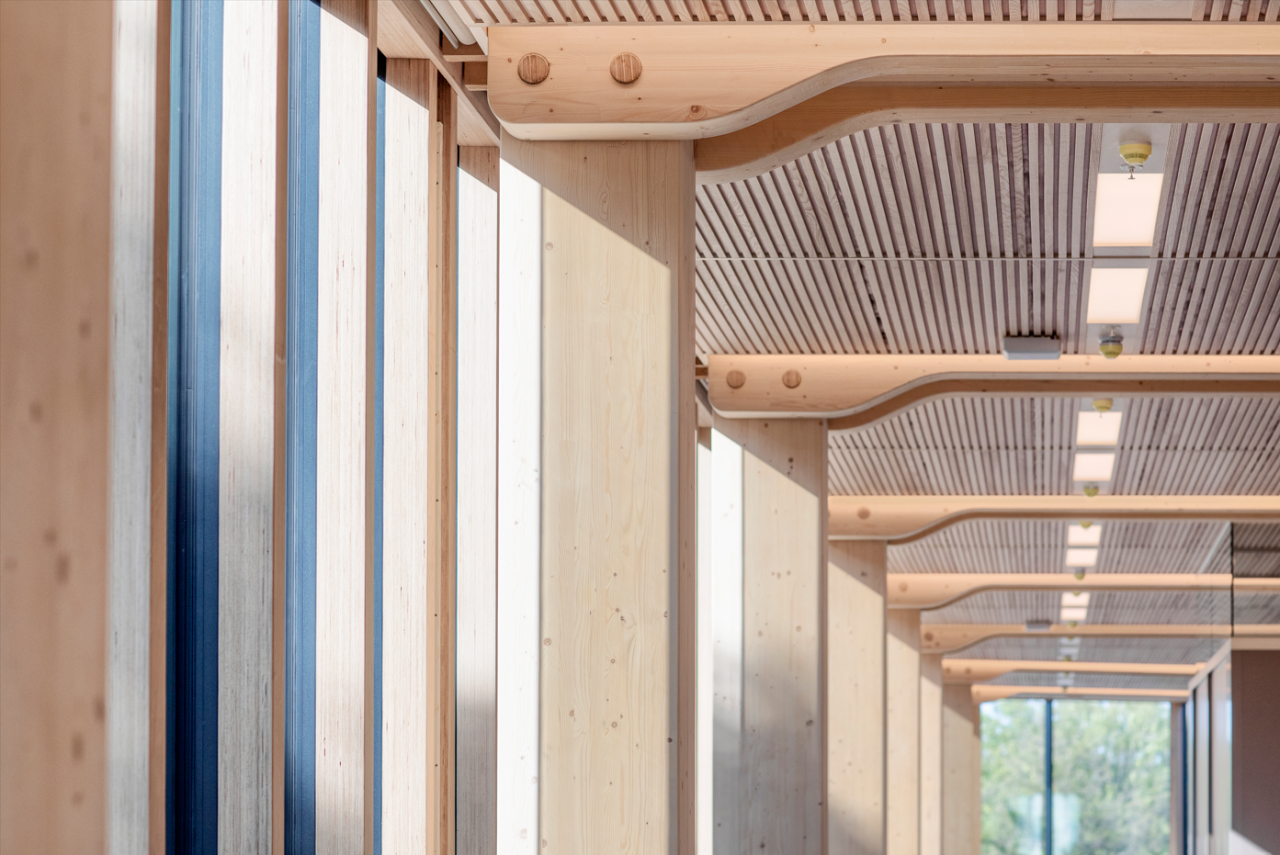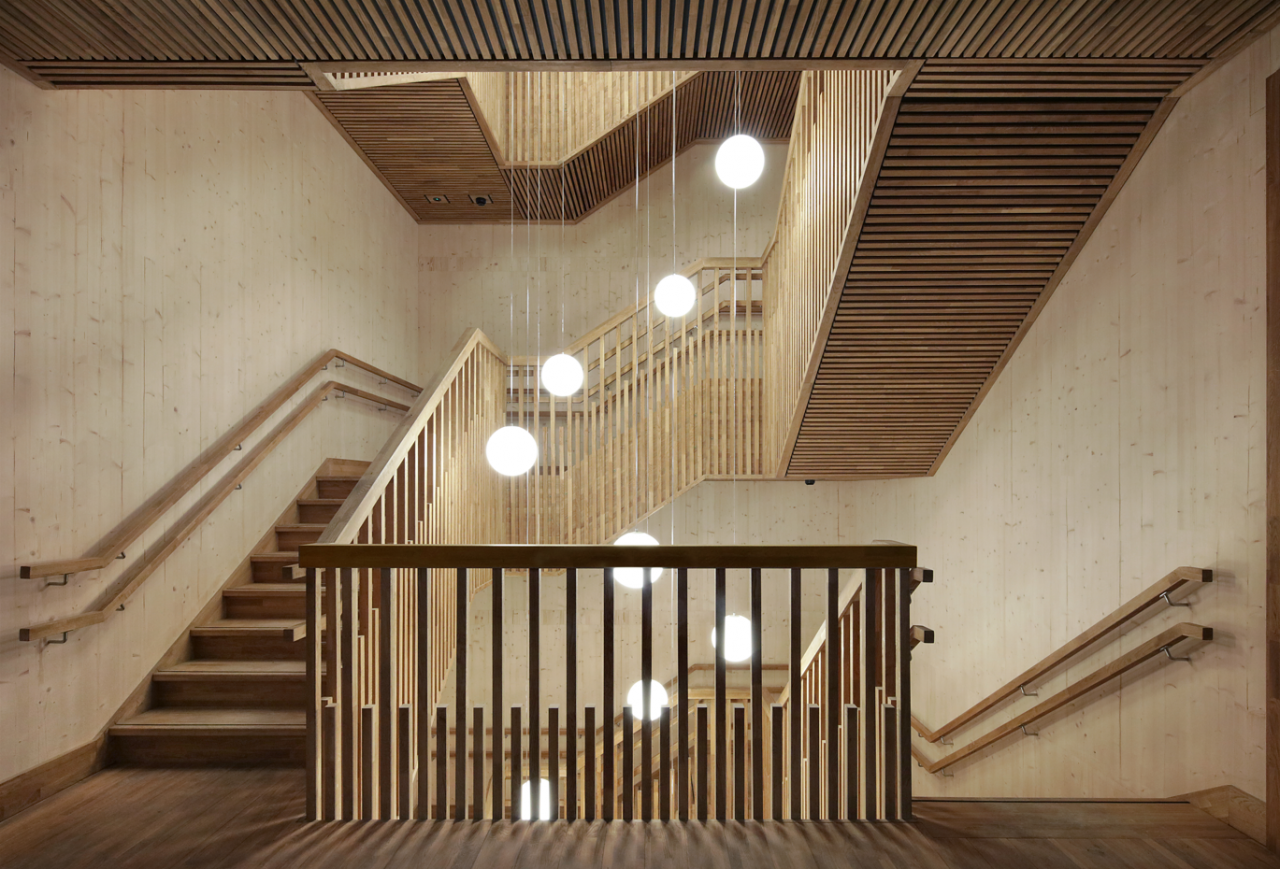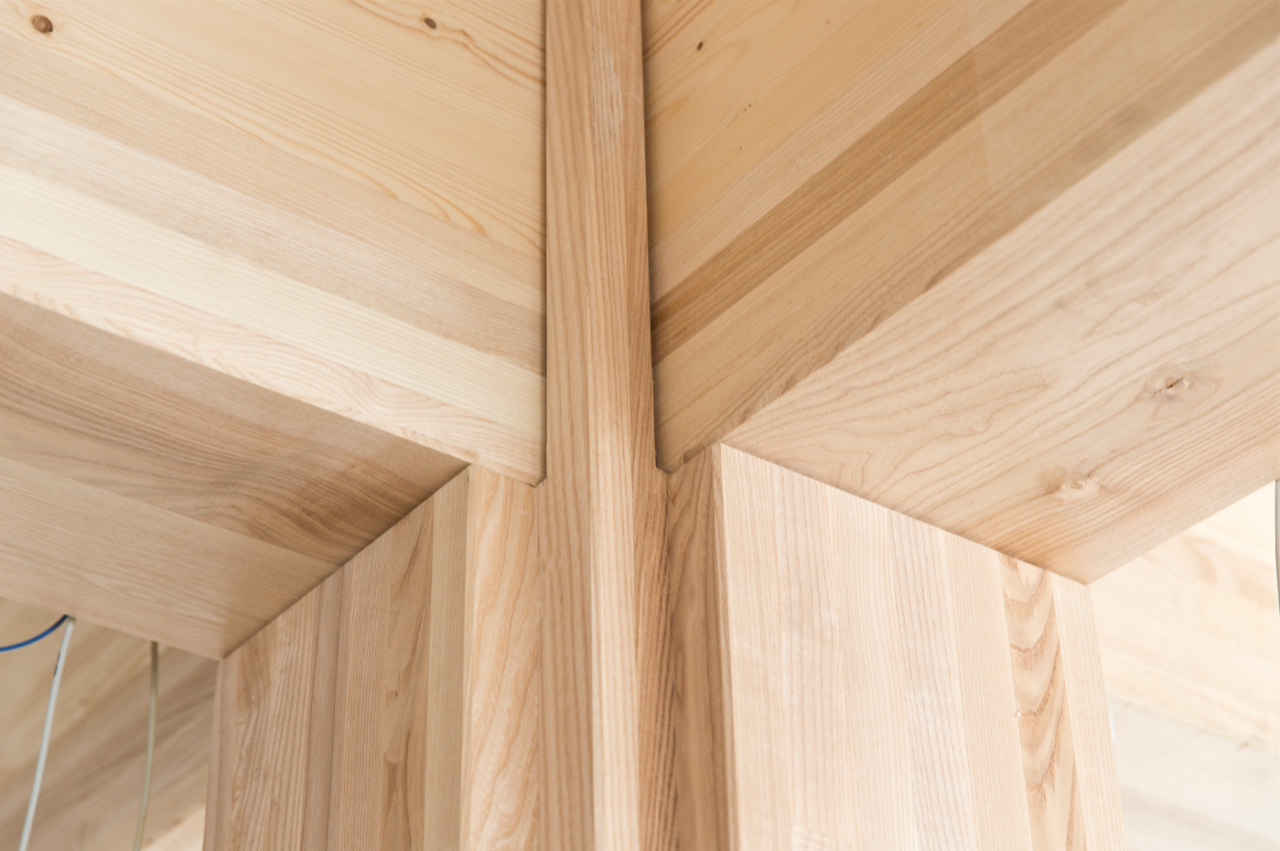The construction industry is facing the challenge of shifting to sustainable practices and reducing CO2 emissions. Mass timber or timber-frame construction, with its ecological advantages, is an important driver in achieving these goals. As a leading supplier of load-bearing wood adhesives, Henkel’s Engineered Wood business has already achieved a vital transformation with its innovative solutions and is now initiating further transformation of the industry by switching from fossil-based to bio-based formulations.

New Loctite engineered wood adhesives HB S ECO and CR 821 developed using bio-based materials
ECO, reduces CO2 emissions by more than 60% compared to fossil alternatives. Both adhesives can be used on load-bearing timber structures. Henkel is therefore creating added value for the industry and helping to make the use of mass timber more sustainable.
Dr. Christian Fild, Global Director of Henkel’s Engineered Wood business, said: “With Loctite HB S ECO and Loctite CR 821 ECO we are offering bio-based versions of two of our best-selling polyurethane adhesives. These solutions offer setting excellent performance standards. Our first bio-based polyurethane adhesive offers our customers a high level of safety, durability, productivity and reliability. For our direct customers and architects, the sustainability of the adhesive used Safety plays a very important role. After all, they are a fundamental component of modern wood construction. Thanks to Henkel’s commitment to pioneering innovative solutions, engineered wood adhesives are becoming an important cornerstone for achieving greater sustainability.”


Loctite HB S
ECOcontinues theLoctitebrand’s 30year track record of success in timber construction
The Loctite HB S product range is used worldwide and with the addition of Loctite HB S ECO there is a more sustainable option in the range. Loctite HB S
ECO is a one-component polyurethane adhesive that is free of volatile organic compounds and solvents. The adhesive is made from 63% bio-based raw materials and is certified under the ISCC PLUS mass balance method. With traditional Loctite
Loctite HB S ECO reduces CO2 emissions by 66% compared to the HB S solution.
Loctite CR 821 ECOCombines stability and aesthetics in a sustainable wood structure
Loctite CR 821
ECO is an innovative bio-based two-component polyurethane adhesive that enables invisible bonding of hybrid wood building elements. The product has excellent flow characteristics, allows easy product handling, is versatile and provides extremely high performance, including in certified load-bearing applications such as glued poles. Loctite
CR 821 ECO also improves the environmental footprint: CO2 emissions are 62% lower than fossil-based products. The product is made from 71% bio-based raw materials and is partially ISCC PLUS certified.
Bring comprehensive sustainable benefits to users
In addition to product manufacturing and performance, these innovative products enable sustainable and simple application. As before, Henkel also ensured that its Loctite
ECO products are able to obtain all necessary certifications for load-bearing timber structures: ECO adhesives come with appropriate documentation, including life cycle assessment and ISCC PLUS certificate.


